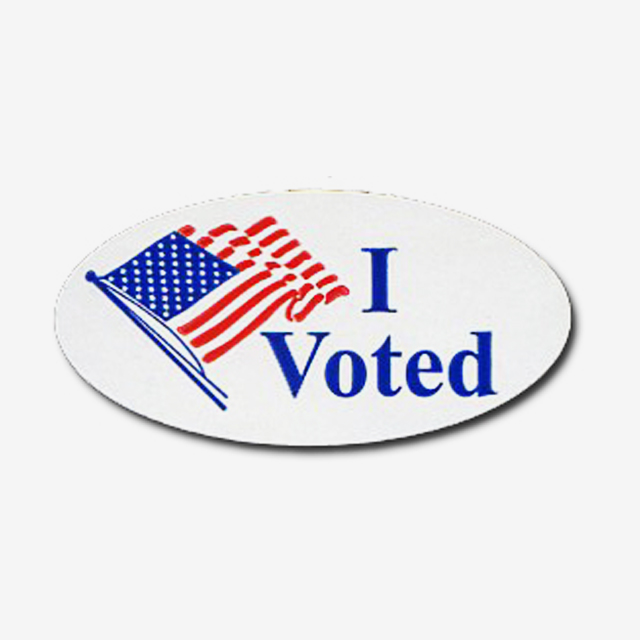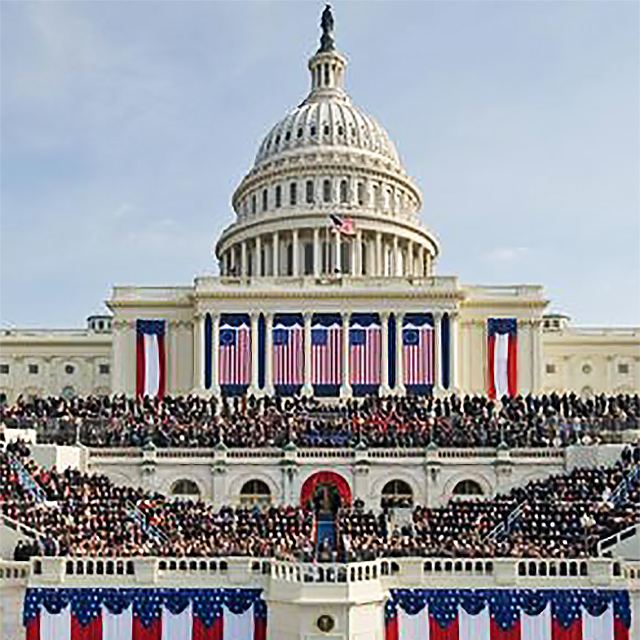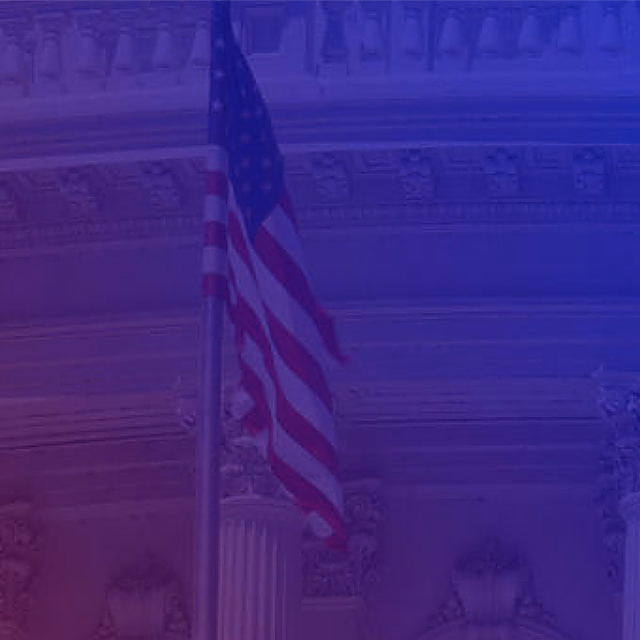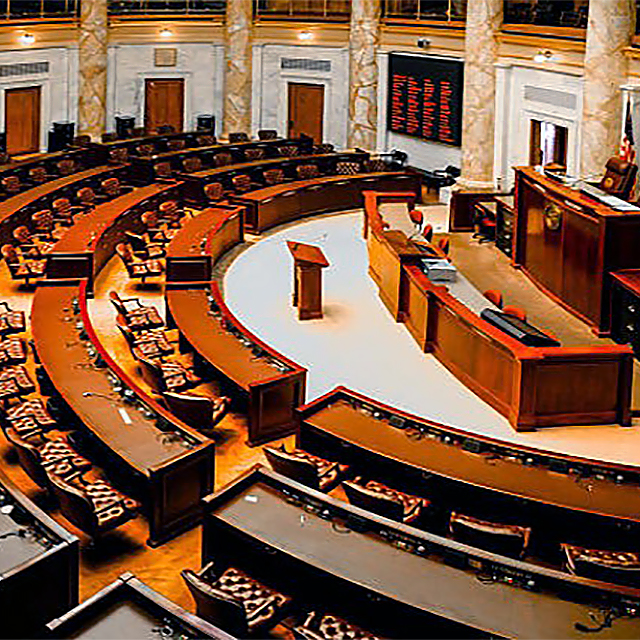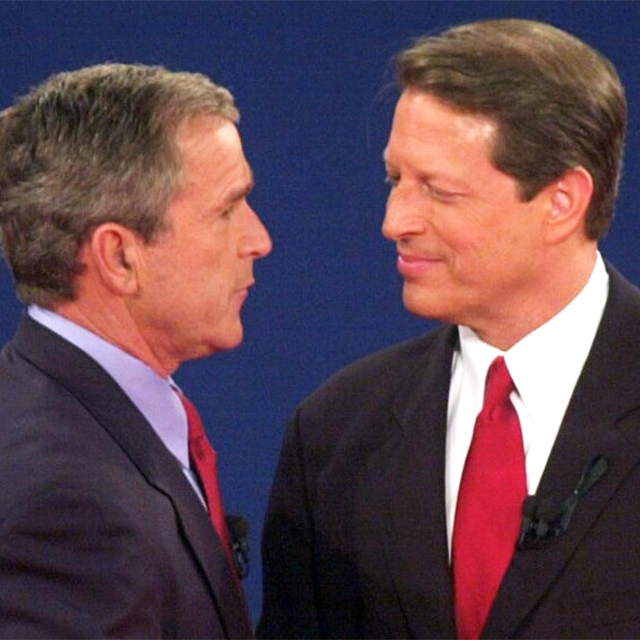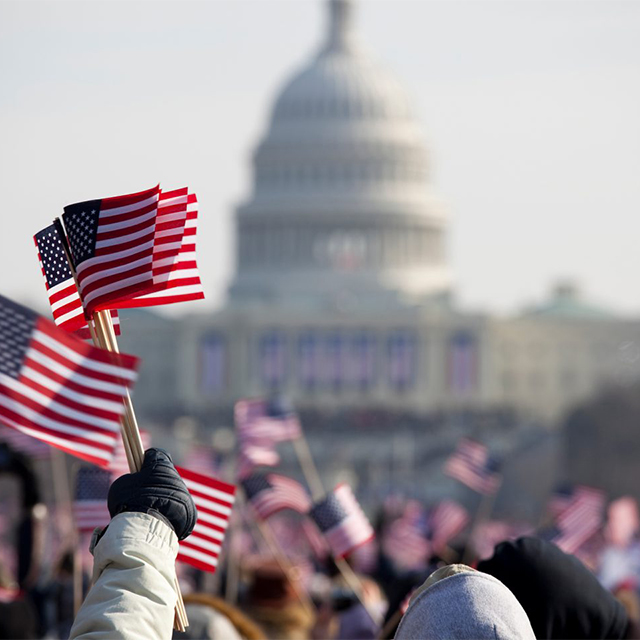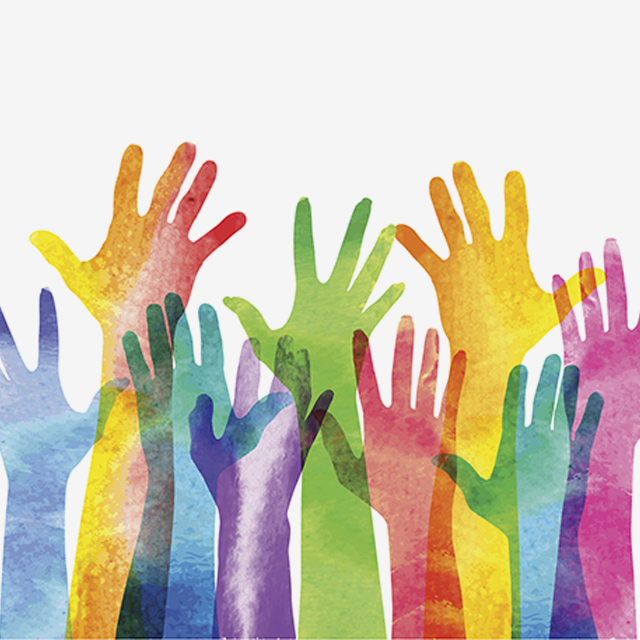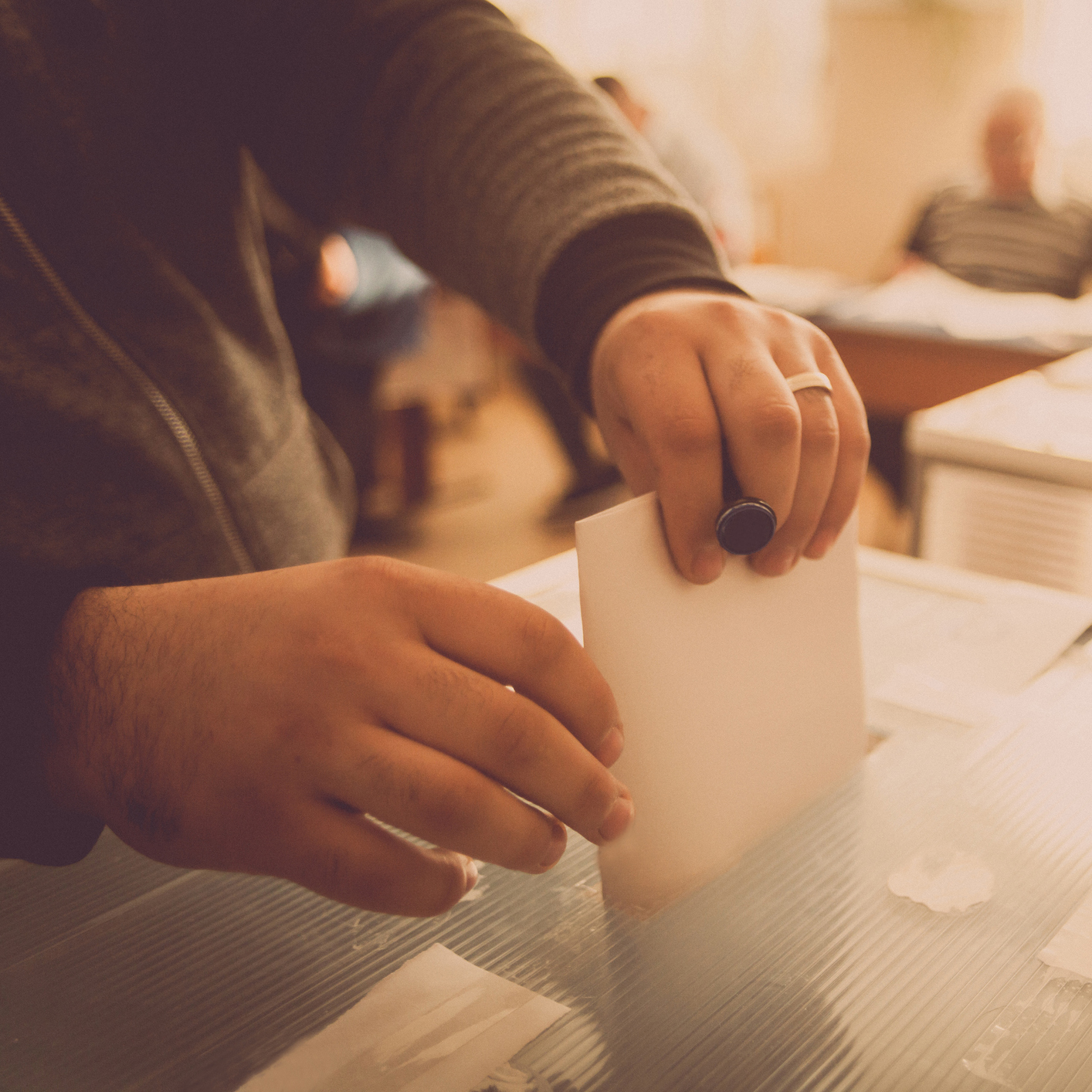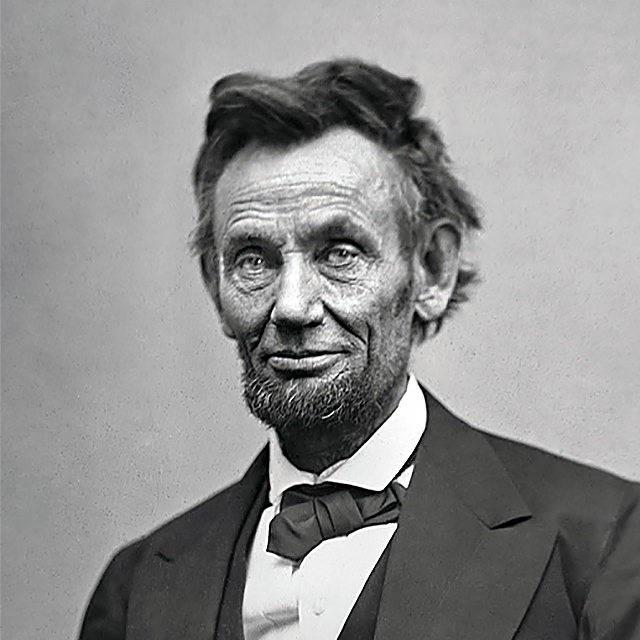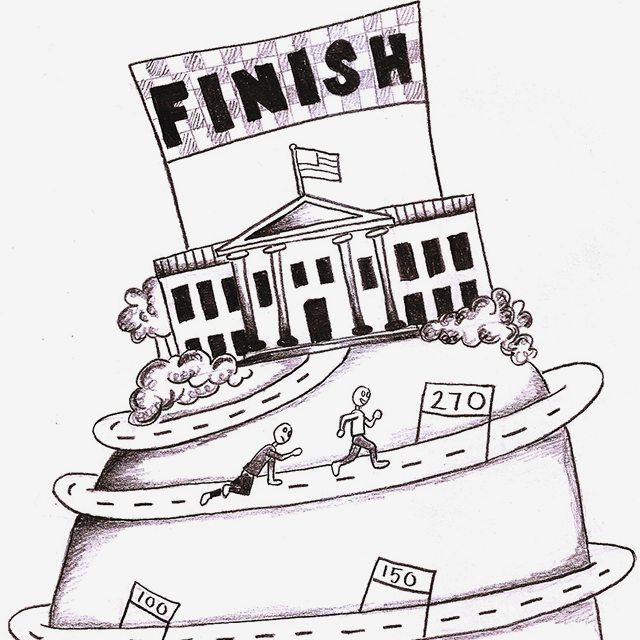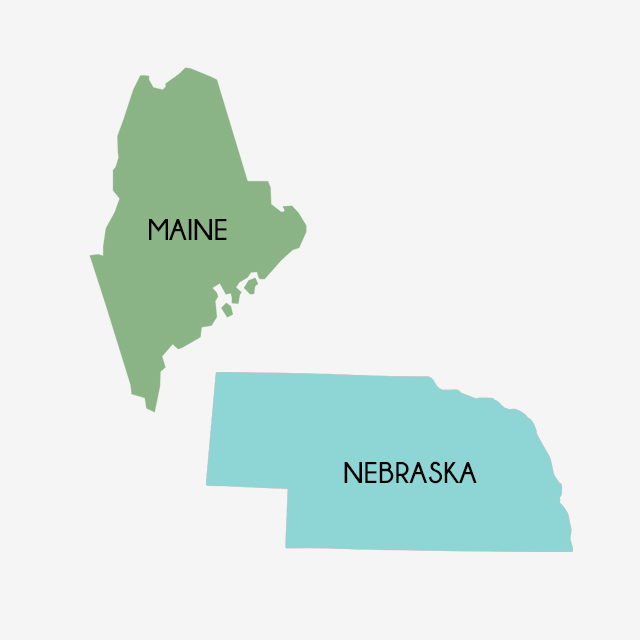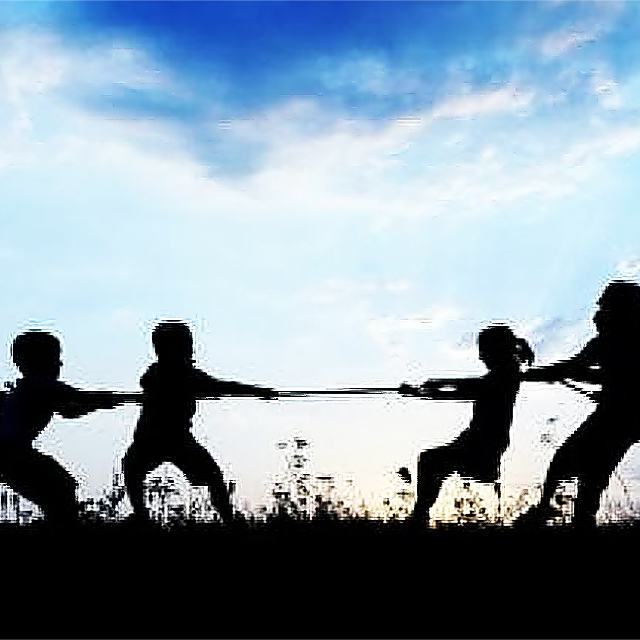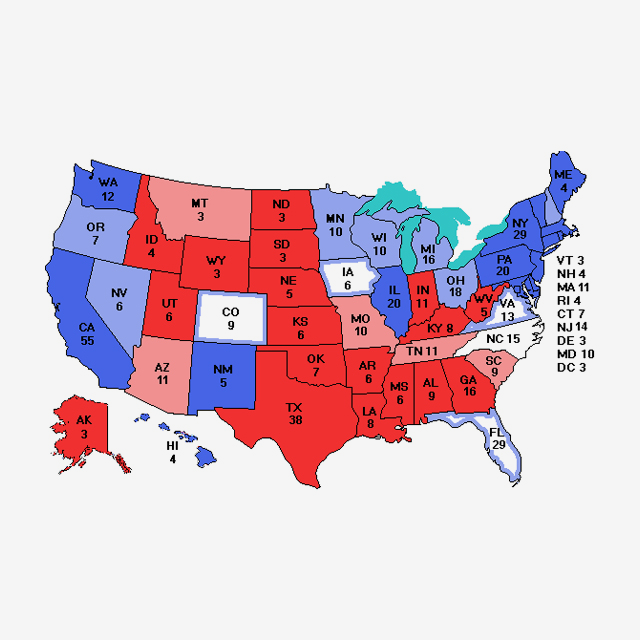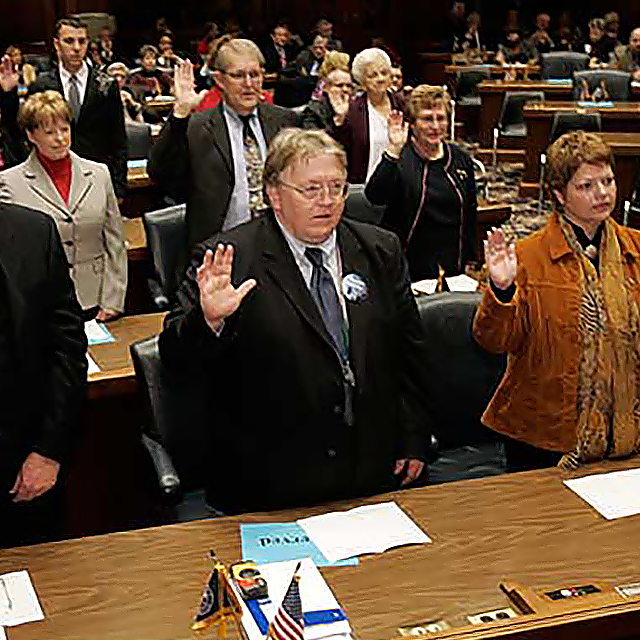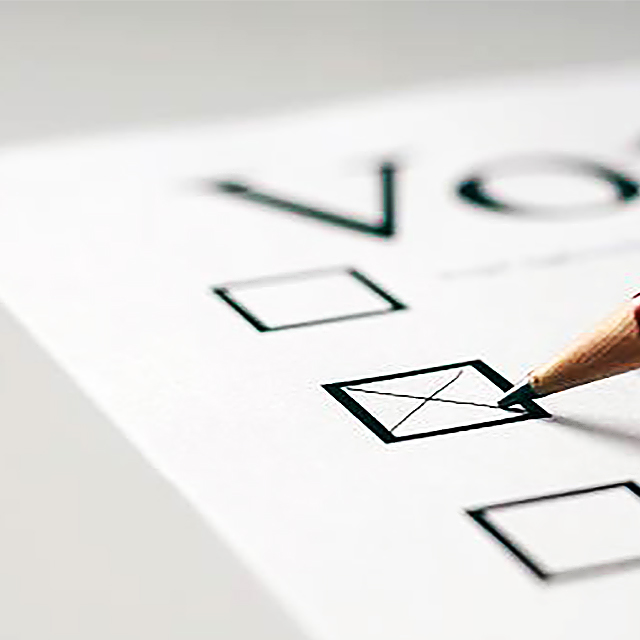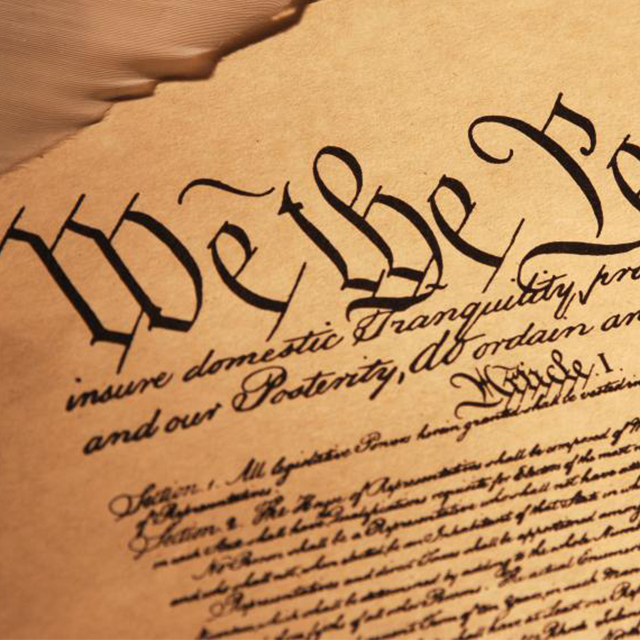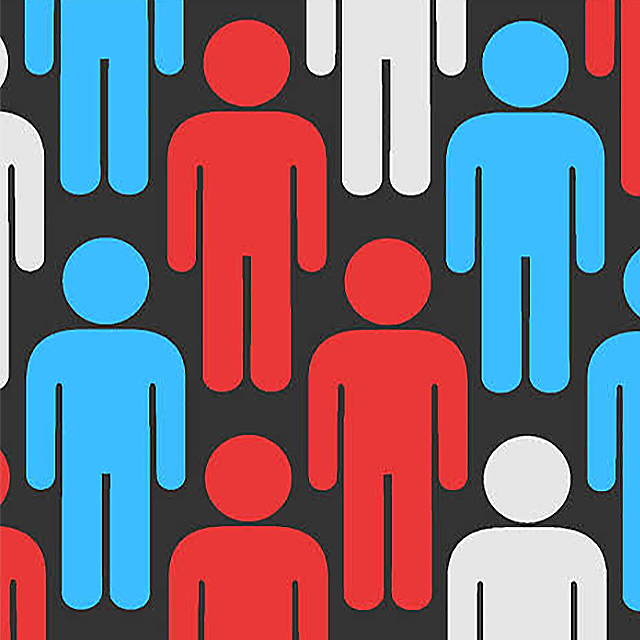Tell Your Story: The Electoral College
Learn about the Electoral College, from its conception and place in the constitution to its visibility in our modern presidential elections.
Product Details
View more detailsPorterfield, Fettig & Sears
Porterfield, Fettig & Sears helps companies engaged in finance and commerce navigate today’s challenging legislative and regulatory environment and speak with clarity, persuasion and authority on significant and material policy issues.
Product Details
View more detailsTruScribe
TruScribe leads Whiteboard Video. Learn why hand drawn videos will change the world, and automated softwares can't compete with Scribology.
Product Details
View more detailsAre You Registered to Vote?
Learn if you're eligible to vote, how to register, check, or update your information.
Product Details
View more detailsWhat to Know About Every Inauguration in American History
Inauguration Day has also been, over the years, the occasion for plenty else, from weather problems and missing Bibles to do-overs and not a few live animals. There were even some dead ones, too.
Product Details
View more detailsTimeline of the Presidential Election
So much of this election feels so entirely off the map — "unprecedented," as it is called in one story after another. So we wondered just how unprecedented it is. A few Nexis searches later, the answer is: very.
Product Details
View more detailsHere’s What Happens If the Electoral College Ties
If the candidates tie, aor if no one reached the magic 270, the election would be thrown to the House of Representatives, where each state delegation gets one vote.
Product Details
View more detailsWhat the Bush v. Gore studies showed
After the grueling 36-day Florida recount battle, Al Gore finally conceded the presidency to George W. Bush on December 13, 2000. But the controversy surrounding this unprecedented election and its aftermath did not end there.
Product Details
View more detailsElectoral College wins are bigger than popular vote ones
For the fifth time in U.S. history, and the second time this century, a presidential candidate has won the White House while losing the popular vote.
Product Details
View more detailsAll the times in U.S. history that members of the electoral college voted their own way
There had been a total of 157 faithless electors until the 2016 presidential election, with that number growing to 164.
Product Details
View more detailsCould electors change their vote?
In modern practice, the Electoral College is mostly a formality. Most electors are loyal members of the party that has selected them, and in 26 states, plus Washington, D.C., electors are bound by laws or party pledges to vote in accord with the popular vote.
Product Details
View more details1864 Presidential Election
In the United States Presidential election of 1864, Abraham Lincoln was re-elected as president.
Product Details
View more detailsWhy 270 Is the Magic Number
There are a total of 538 electors in the Electoral College. Candidates need 270 votes to win the presidency.
Product Details
View more detailsMaine & Nebraska
Maine and Nebraska both use an alternative method of distributing their electoral votes, called the Congressional District Method. Currently, these two states are the only two in the union that diverge from the traditional winner-take-all method of electoral vote allocation.
Product Details
View more detailsHow the Electoral College Became Winner-Take-All
1824 saw the first election in which the majority of states used a statewide winner-take-all voting method for choosing their presidential electors.
Product Details
View more detailsDistribution of Electoral Votes
Electoral votes are allocated among the states based on the Census. Every state is allocated a number of votes equal to the number of senators and representatives in its U.S. Congressional delegation—two votes for its senators in the U.S. Senate plus a number of votes equal to the number of its members in the U. S. House of Representatives.
Product Details
View more detailsSelecting Electors
By voting for a Republican presidential candidate, for example, you are really voting for a member of the Electoral College who is expected -- but not required -- to vote along party lines, too.
Product Details
View more detailsHow Do You Become An Elector?
If you want to become an elector, know the process is more complex than just a random draw.
Product Details
View more detailsConstitutional Topic: The Electoral College
The Electoral College is embodied in the Constitution in Article 2, Section 1, and in the 12th Amendment.
Product Details
View more detailsThe Electoral College
When Americans vote for a President and Vice President, they are actually voting for presidential electors, known collectively as the electoral college. It is these electors, chosen by the people, who elect the chief executive.
Product Details
View more detailsWhy Is Election Day on a Tuesday in November?
Federal law in the United States since the 1840s has required that the presidential election be held every four years on the first Tuesday after the first Monday in November. In modern society, that seems like an arbitrary time to hold an election. Yet that specific placement on the calendar made a lot of sense in the 1800s.
Product Details
View more detailsProduct Details
View more detailsPorterfield, Fettig & Sears
Porterfield, Fettig & Sears helps companies engaged in finance and commerce navigate today’s challenging legislative and regulatory environment and speak with clarity, persuasion and authority on significant and material policy issues.
Product Details
View more detailsTruScribe
TruScribe leads Whiteboard Video. Learn why hand drawn videos will change the world, and automated softwares can't compete with Scribology.
Product Details
View more detailsAre You Registered to Vote?
Learn if you're eligible to vote, how to register, check, or update your information.
Product Details
View more detailsWhat to Know About Every Inauguration in American History
Inauguration Day has also been, over the years, the occasion for plenty else, from weather problems and missing Bibles to do-overs and not a few live animals. There were even some dead ones, too.
Product Details
View more detailsTimeline of the Presidential Election
So much of this election feels so entirely off the map — "unprecedented," as it is called in one story after another. So we wondered just how unprecedented it is. A few Nexis searches later, the answer is: very.
Product Details
View more detailsHere’s What Happens If the Electoral College Ties
If the candidates tie, aor if no one reached the magic 270, the election would be thrown to the House of Representatives, where each state delegation gets one vote.
Product Details
View more detailsWhat the Bush v. Gore studies showed
After the grueling 36-day Florida recount battle, Al Gore finally conceded the presidency to George W. Bush on December 13, 2000. But the controversy surrounding this unprecedented election and its aftermath did not end there.
Product Details
View more detailsElectoral College wins are bigger than popular vote ones
For the fifth time in U.S. history, and the second time this century, a presidential candidate has won the White House while losing the popular vote.
Product Details
View more detailsAll the times in U.S. history that members of the electoral college voted their own way
There had been a total of 157 faithless electors until the 2016 presidential election, with that number growing to 164.
Product Details
View more detailsCould electors change their vote?
In modern practice, the Electoral College is mostly a formality. Most electors are loyal members of the party that has selected them, and in 26 states, plus Washington, D.C., electors are bound by laws or party pledges to vote in accord with the popular vote.
Product Details
View more details1864 Presidential Election
In the United States Presidential election of 1864, Abraham Lincoln was re-elected as president.
Product Details
View more detailsWhy 270 Is the Magic Number
There are a total of 538 electors in the Electoral College. Candidates need 270 votes to win the presidency.
Product Details
View more detailsMaine & Nebraska
Maine and Nebraska both use an alternative method of distributing their electoral votes, called the Congressional District Method. Currently, these two states are the only two in the union that diverge from the traditional winner-take-all method of electoral vote allocation.
Product Details
View more detailsHow the Electoral College Became Winner-Take-All
1824 saw the first election in which the majority of states used a statewide winner-take-all voting method for choosing their presidential electors.
Product Details
View more detailsDistribution of Electoral Votes
Electoral votes are allocated among the states based on the Census. Every state is allocated a number of votes equal to the number of senators and representatives in its U.S. Congressional delegation—two votes for its senators in the U.S. Senate plus a number of votes equal to the number of its members in the U. S. House of Representatives.
Product Details
View more detailsSelecting Electors
By voting for a Republican presidential candidate, for example, you are really voting for a member of the Electoral College who is expected -- but not required -- to vote along party lines, too.
Product Details
View more detailsHow Do You Become An Elector?
If you want to become an elector, know the process is more complex than just a random draw.
Product Details
View more detailsConstitutional Topic: The Electoral College
The Electoral College is embodied in the Constitution in Article 2, Section 1, and in the 12th Amendment.
Product Details
View more detailsThe Electoral College
When Americans vote for a President and Vice President, they are actually voting for presidential electors, known collectively as the electoral college. It is these electors, chosen by the people, who elect the chief executive.
Product Details
View more detailsWhy Is Election Day on a Tuesday in November?
Federal law in the United States since the 1840s has required that the presidential election be held every four years on the first Tuesday after the first Monday in November. In modern society, that seems like an arbitrary time to hold an election. Yet that specific placement on the calendar made a lot of sense in the 1800s.




